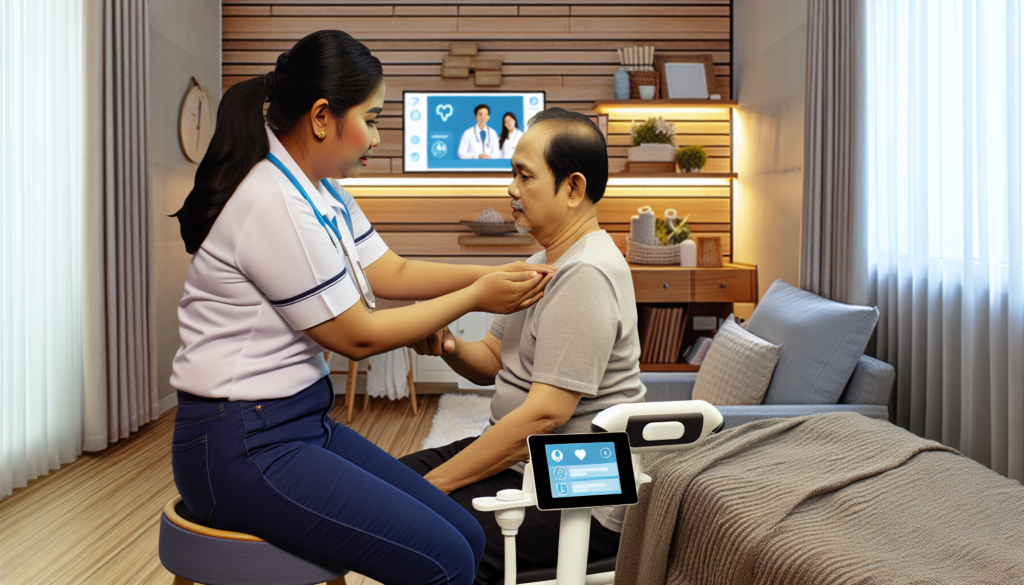Understanding Home Health Care: A Guide for Patients and Caregivers
The evolving healthcare landscape has emphasized the increasing importance of home health care concepts. For patients dealing with chronic illness or recuperating post-surgery, home health care provides an option to receive professional medical attention within the familiar, comforting environment of their homes. This concept isn’t only beneficial for patients, but also for caregivers who juggle multiple responsibilities, and desire to maintain the best possible care for their loved ones.
What is Home Health Care?
Home health care refers to the wide range of medical care services provided by healthcare professionals at a patient’s residence for an illness or injury. It is usually less expensive, more convenient, and just as effective as the care you get in a hospital or skilled nursing facility.
The Benefits of Home Health Care
Home health care offers numerous advantages, including convenience, individualized care, familiarity, and personal comfort. By shifting the focus of care from hospitals to homes, patients can maintain their normal routines as much as possible. It also allows for a more personal, one-on-one connection with the caregivers which can be a significant morale boost for many patients.
The Role of Home Health Care for Chronic Diseases
Patients with chronic diseases such as heart disease, diabetes, and cancer often require consistent monitoring and care. Home health care professionals are skilled in managing symptoms, administering medication, and designing care plans that maximize patient comfort.
Creating a Supportive Home Environment
While home health care professionals provide crucial medical care, cultivating a supportive home environment is also a predominant factor in patient recovery and well-being. This involves considering factors such as safety, accessibility, emotional support, and facilitating regular exercise and a balanced diet. A supportive environment is a key contributor to patient resilience and overall health outcomes.
Embracing Technology in Home Health Care
Technology has shown promising potential in revolutionizing home health care. With telehealth and remote patient monitoring systems, caregivers can monitor patient status, manage medication, and coordinate care plans more effectively. Tech-based assistive devices can improve patient independence and quality of life, while digital platforms facilitate communication between patients, caregivers, and healthcare providers, ensuring a seamless home health care experience.
Conclusion
Understanding the fundamentals of home health care can pave the way for a smooth transition for both patients and caregivers. Balancing autonomy and effective healthcare, home health care holds the potential to revolutionize the care experience for everyone side by side with the technology involved.



